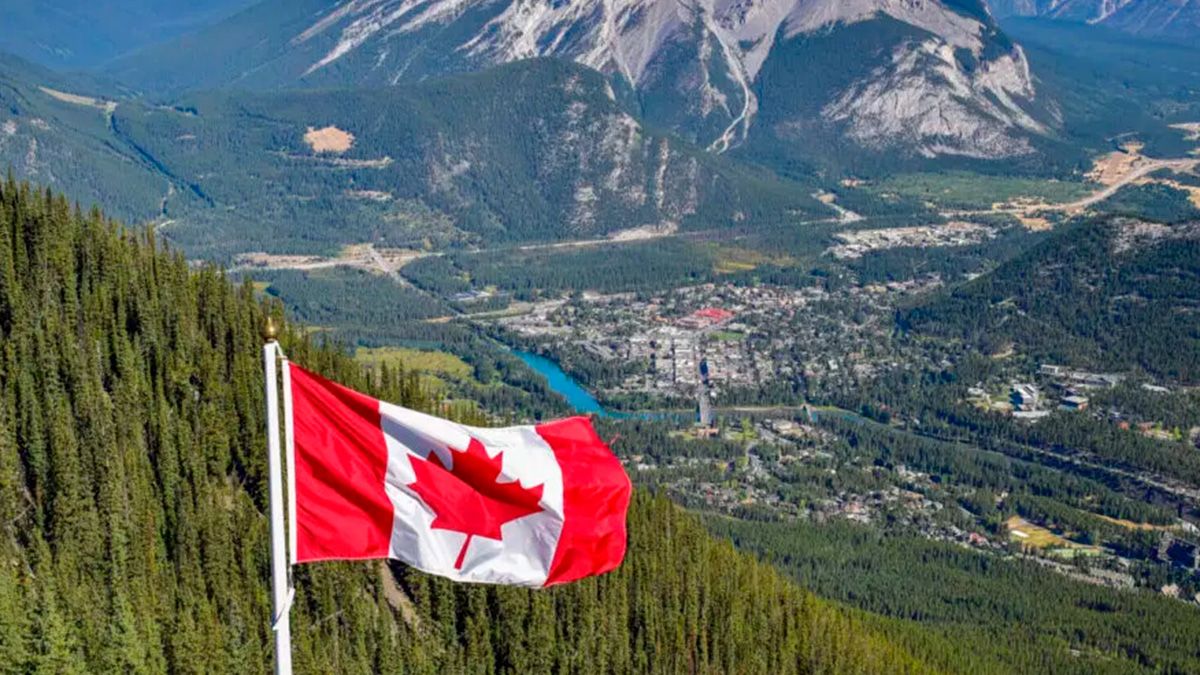More than 100,000 Canadian federal employees have gone on strike since last Wednesday after months of unsuccessful negotiations between the Canadian Civil Service Alliance, the Federation of Tax Employees and Justin Trudeau’s government. In their petition, the strikers essentially demanded a pay increase higher than that offered by Ottawa and respect for remote work. The protesters disrupted the activities of some ports and federal buildings. In turn, some services are affected by staff reduction. This is the case for obtaining passports, tax returns and immigration formalities.
Mona Fortier, chair of the Treasury Board, the body that regulates the federal civil service, said Monday that the government was working “hard and tirelessly to bring about new collective contracts that are fair, competitive and reasonable.” Fortier stressed that the negotiations represent “a great effort for both parties.” Chris Aylward, president of the Canadian Civil Service Alliance, told the network CBC That “the main points still need to be addressed before reaching an agreement with the federal government.” For its part, the Tax Employees Union stated that Mona Fortier should resign if a compromise was not reached quickly.
The strikers are demanding a 13.5% increase in wages over three years, while government representatives are demanding an increase of 9%. The inflation rate will be 6.7% in the North American country in 2022. They are also calling for the right to telework to be included in collective contracts. The Treasury Board announced in December that staff would be required to work in their offices two to three times a week, a move that sparked backlash among union members. The striking civil servants are similarly calling for a ban on subcontracting and the maintenance of seniority as a measure of protection in the event of cuts.
A third of all federal civil servants are on strike. Initially, it was envisaged that 155,000 would suspend activities, but the government has used the power to order to force some 48,000 to continue working to ensure essential services. The last strike of the same caliber by federal officials took place in 1991. On that occasion, the strike lasted about three weeks. The labor struggle ended with a special law.
At the start of the strike, Prime Minister Justin Trudeau indicated that workers were exercising their rights. Trudeau also commented that it was crucial for the unions to sit down to negotiate, though he warned: “I know Canadians are going to be impatient if this continues.” In the event that days pass and the parties do not reach an agreement, the Prime Minister of Canada can request a parliamentary vote to enact a special law. However, he will have to seek the support of the Conservatives, as he rules in a minority. Jagmeet Singh, leader of the New Democratic Party (a left-wing group with which the Liberals have a government deal), has indicated that he will not support this particular law. “It is unacceptable for us. We are the Labor Party. We will never support such a project,” Singh said.
Follow all international information on Facebook And Twitteror in Weekly newsletter.
Join EL PAÍS to follow all the news and read without limits.
Participate

/cloudfront-eu-central-1.images.arcpublishing.com/prisa/7TRX6X2ZDVAI7KHSQBAQDPBOAA.jpg)



